Sunday,
Jan 11
Chemnitz
-8°
Monday,
Jan 12
Chemnitz
-6°
Tuesday,
Jan 13
Chemnitz
2°
Wednesday,
Jan 14
Chemnitz
2°
Thursday,
Jan 15
Chemnitz
-1°
Friday,
Jan 16
Chemnitz
2°
MORE IMPORTANT INFORMATION ABOUT YOUR TRAVEL TO Chemnitz
The Train station is located at the center of Chemnitz
Chemnitz (German: [ˈkɛmnɪts], from 1953 to 1990: Karl-Marx-Stadt; Upper and Lower Sorbian: Kamjenica; Czech: Saská Kamenice) is the third largest city in the German federal state of Saxony after Leipzig and Dresden. It is the 28th largest city of Germany as well as the fourth largest city in the area of former East Germany after (East) Berlin, Leipzig and Dresden. The city is part of the Central German Metropolitan Region, and lies in the middle of a string of cities sitting in the densely populated northern foreland of the Elster and Ore Mountains, stretching from Plauen in the southwest via Zwickau, Chemnitz and Freiberg to Dresden in the northeast. Located in the Ore Mountain Basin, the city is surrounded by the Ore Mountains to the south and the Central Saxon Hill Country to the north. The city stands on the Chemnitz River (progression: Zwickauer Mulde→ Mulde→ Elbe→ North Sea), which is formed through the confluence of the rivers Zwönitz and Würschnitz in the borough of Altchemnitz. The name of the city as well as the names of the rivers are of Slavic origin. Chemnitz is the third largest in the Thuringian-Upper Saxon dialect area after Leipzig and Dresden.
Source:
WikipediaADDITIONAL INFORMATION ABOUT Augsburg
The Train station is located at the center of Augsburg
Augsburg (UK: OWGZ-burg, US: AWGZ-, German: [ˈʔaʊksbʊʁk]; Swabian German: Augschburg) is a city in Swabia, Bavaria, Germany. It is a university town and regional seat of the Regierungsbezirk Schwaben. Augsburg is an urban district and home to the institutions of the Landkreis Augsburg. It is the third-largest city in Bavaria (after Munich and Nuremberg) with a population of 300,000 inhabitants, with 885,000 in its metropolitan area.After Neuss and Trier, Augsburg is Germany's third oldest city, founded in 15 BC by the Romans as Augusta Vindelicorum, named after the Roman emperor Augustus. It was a Free Imperial City from 1276 to 1803 and the home of the patrician Fugger and Welser families that dominated European banking in the 16th century.
Source:
WikipediaImages of the trains for your trip


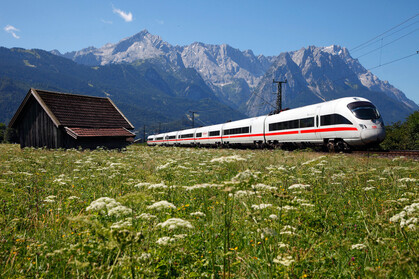

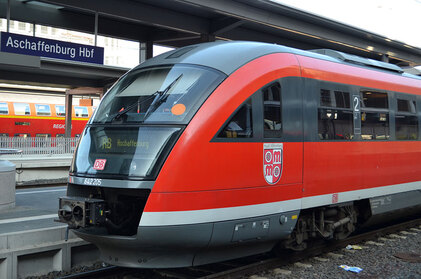







Where Can You Travel With Us?
TAKE A LOOK AT OUR MAP
France
Italy
Netherlands
Luxembourg
Austria
Germany
Belgium
Switzerland
Denmark
Sweden
Norway
Hungary
Czech
Ukraine
China
Active
France, Italy, Netherlands, Luxembourg, Austria, Germany, Belgium, Switzerland, Denmark, Sweden, Norway, Hungary, Czech, Ukraine, China
Upcoming
USA, Canada, Spain, Poland, Japan

Other Train Trips From Augsburg

Augsburg to Hofheim Taunus

Augsburg to Bielefeld East

Augsburg to Foehren

Augsburg to Mannheim Waldhof

Augsburg to Aachen
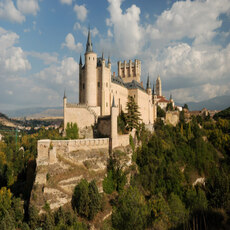
Augsburg to Katlenburg

Augsburg to Eisenach

Augsburg to Lauchringen

Augsburg to Gluckstadt

Augsburg to Gelnhausen
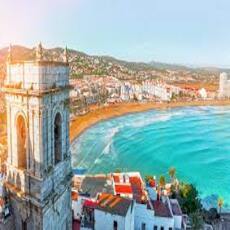
Augsburg to Herzberg Harz
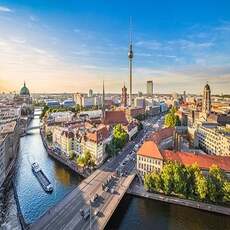
Augsburg to Heidelberg Pfaffengrund Wieblingen

Augsburg to Grossenbrode

Augsburg to Nackenheim
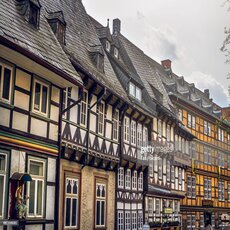
Augsburg to Niedernhausen Taunus

Augsburg to Dombuhl

Augsburg to Oy Mittelberg

Augsburg to Eisenhuttenstadt
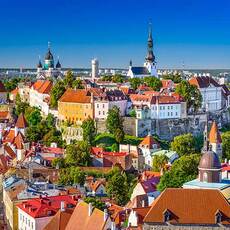
Augsburg to Boppard Bad Salzig

Augsburg to Wesel

Augsburg to Merzig Saar

Augsburg to Herbertingen
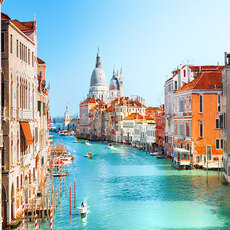
Augsburg to Witzenhausen North

Augsburg to Bergen Oberbayern

Augsburg to Leverkusen Kuppersteg

Augsburg to Hofgeismar Humme

Augsburg to Kaiserslautern Pf

Augsburg to Biberach Baden

Augsburg to Hamelerwald

Augsburg to Neuenmarkt Wirsberg
WHY YOU SHOULD TRAVEL BY TRAIN?
To travel from Augsburg To Chemnitz, trains would be the best travel choice, for several reasons:
1
Eco-Friendly
Trains are the most environmentally-friendly way of transport to the EU Environment Agency. They are powered by electricity, which is renewable and has a low environmental impact.
2
Speed
Travelling by train is in most cases the fastest way to go from Rome to Milan. Trains usually travel at high speeds, making them the fastest way to get from one place to another.
3
Safety
Travelling by train is one of the safest forms of transport. Trains are heavily regulated and monitored, making them safer than other forms of transport.
4
Price
Travelling by train is often cheaper than other forms of transport, such as flying or taking a bus. Trains are often subsidized by the government, making them cheaper than other forms of transport.
5
Luggage
Travelling by train is a great way to transport luggage. Trains usually have plenty of space for luggage and they are usually safe and secure.
6
Luggage
Travelling by train is often faster than other forms of transport, such as driving or taking a bus. Trains usually travel at high speeds, making them the fastest way to get from one place to another.
7
Comfortability
Travelling by train is usually very comfortable. Trains usually have comfortable seating and plenty of legroom, making them a great way to travel.
8
Comfortability
Travelling by train is a great way to get some sleep. Trains usually have comfortable seats and plenty of legroom, making them a great way to get some rest while travelling.
9
WIFI
This is not necessarily the most important when you travel since we prefer to tell you to enjoy your travel without your phones, but on trains, you can find WIFI onboard, so you remain connected to the internet if you choose to.
THESE ARE THE TRAIN OPERATORS WE WORK WITH




















